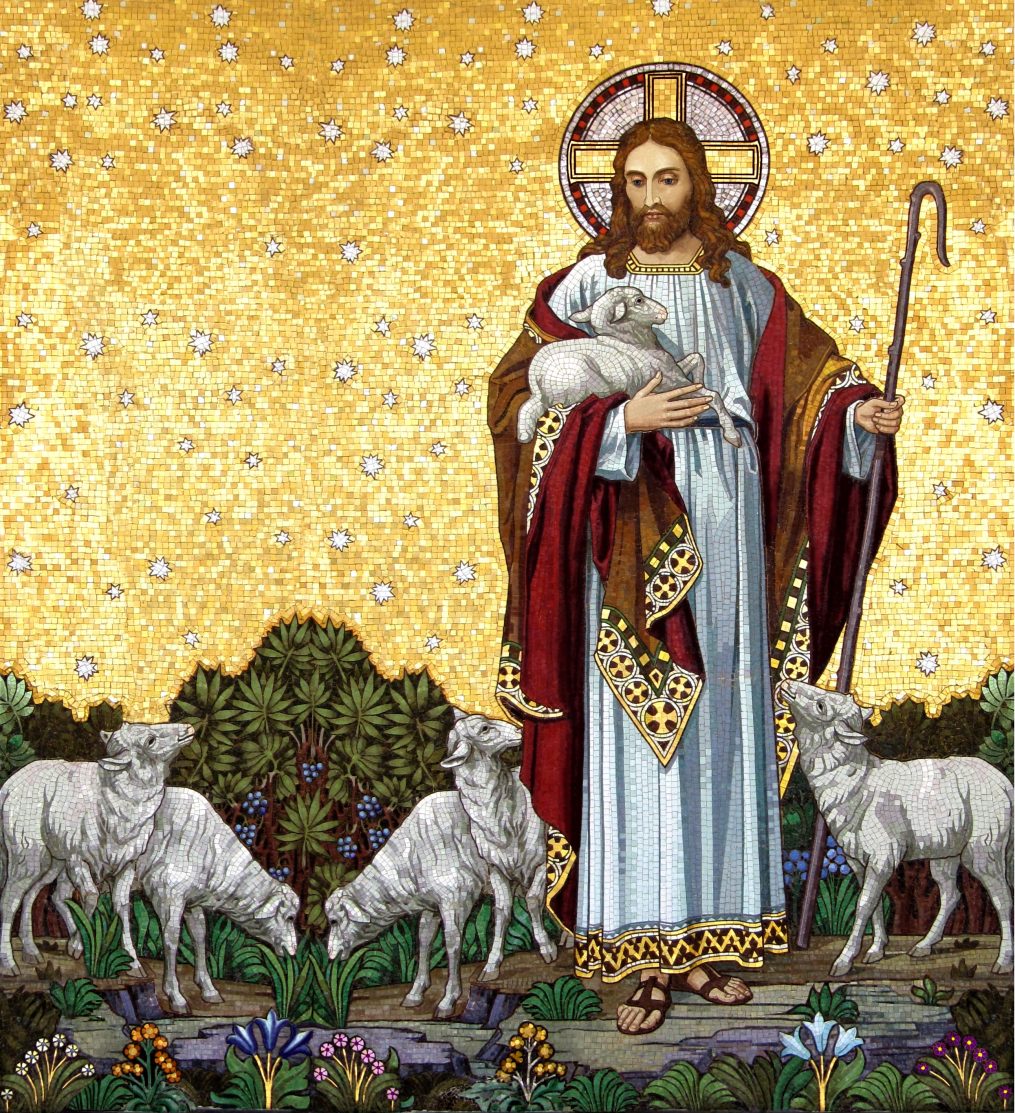Liturgical Colour : Green or Red (Martyrs) or White (Bishops)
Dear brothers and sisters in Christ, on this day we are reminded by the Scripture readings on the importance and the sanctity of the matter of marriage, which is the union that God had made between a man and a woman. In the first reading, we are told by St. Paul in his Epistle to the Hebrews, that marriage must be respected by all, and that we should not depend on money.
Indeed, it is worldly cares and temptations such as money, pleasures of the flesh, lust, immorality, fornication of the flesh and many others which are able to endanger the sanctity and unity found in our marriage. It is from them that adultery and all sorts of despicable sins were born from, as what we can see in the example of the adultery of king Herod, as told in the Gospel today.
King Herod was the ruler of Judea, who was one of the sons of king Herod the Great. Philip was his brother, the ruler of Decapolis, but this brother died before Herod, and left behind a widow named Herodias with a daughter, as mentioned in the Gospel today. It was not lawful for him to take Herodias as a wife, as she had been lawfully and rightfully wed to his own brother.
But both of them persisted in their sins, not least Herodias who resented John the Baptist for telling them off on their adultery. After all, she was most likely still young, even with a daughter, and in the world then, even today, who would not be tempted to be the wife of a king? She would be influential, powerful and wealthy, instead of being a sombre widow of a deceased king.
Herod himself also embraced the sin, and he was unable to restrain himself, which became the source of his undoing. He tried to listen to John the Baptist, and tried to restrain himself, but he was not able to resist the temptations of the flesh, as shown in the Gospel today. He lusted in the daughter of Herodias who danced so beautifully as to mesmerise him and turn his heart away from anything else. He was so tempted as to make vows and promises, even to give away half of his kingdom.
In the end, that led to him being responsible for the death and martyrdom of John the Baptist, a holy man and the herald of the Messiah. In this, he had committed a great sin, not just because of his adulterous behaviour and relationship with Herodias, but all the more because he was unable to restrain himself and succumbed to the temptations that led him to commit a murder, even when done unintentionally.
Brothers and sisters in Christ, it is important that all of us heed the lessons to be learnt from today’s Scripture passages. We must learn to resist our vulnerabilities and all the temptations that lead us to sin. We must not be complacent and neither should we give in to the temptations that can bring about our downfall. We have to be upright and we must commit ourselves to the way of the Lord and not to worldly values.
Let us all follow the examples of St. Blaise and St. Ansgar, the two holy saints whose feast we are celebrating today. St. Blaise was a bishop of the Church, and also a famous physician, who was renowned for his prowess as a physician, healing many people from their bodily illnesses. Later on, he would devote himself to the Lord, becoming a physician and healer for the souls.
Through his many works, he helped many people to overcome their attachments to sin, to worldliness and to all temptations of the world. St. Blaise showed the people how they ought to live in faith and avoid all forms of fornications and sin. He was later arrested and tortured under the persecution of the faithful by the Emperor Licinius, and was told to have suffer torture with iron combs and was later beheaded.
Meanwhile St. Ansgar was a devout servant of God and an influential preacher, whose works of evangelisation in the region now known as northern Germany, Denmark, Sweden and some other areas in Northern Europe had led to the conversion of the pagans and the sinners there into the Christian faith. At that time, many of the people there still lived in ignorance of the faith, and they sinned against God.
But St. Ansgar showed them by examples, and also through his teachings, by revealing to them the Sacred Scriptures and the Good News of the Lord, that their ways had been wrong, and encouraged them to return to the Lord and accept baptism for the forgiveness of their sins. This St. Ansgar had done, and many were saved by his works. He helped to lay a solid foundation for the Church and the faith in the places where he worked to minister to the people of God.
Brothers and sisters in Christ, through what we have heard in the Scriptures today, the bad examples of Herod and Herodias, and the virtuous examples of St. Blaise and St. Ansgar, let us all as Christians learn to uphold Christian teachings and values, and strive to be upright, honest and just in all of our ways and deeds. May the Lord help us in all of our good works, and may He strengthen in us the resolve to live our lives free from sin. May God bless us all. Amen.
